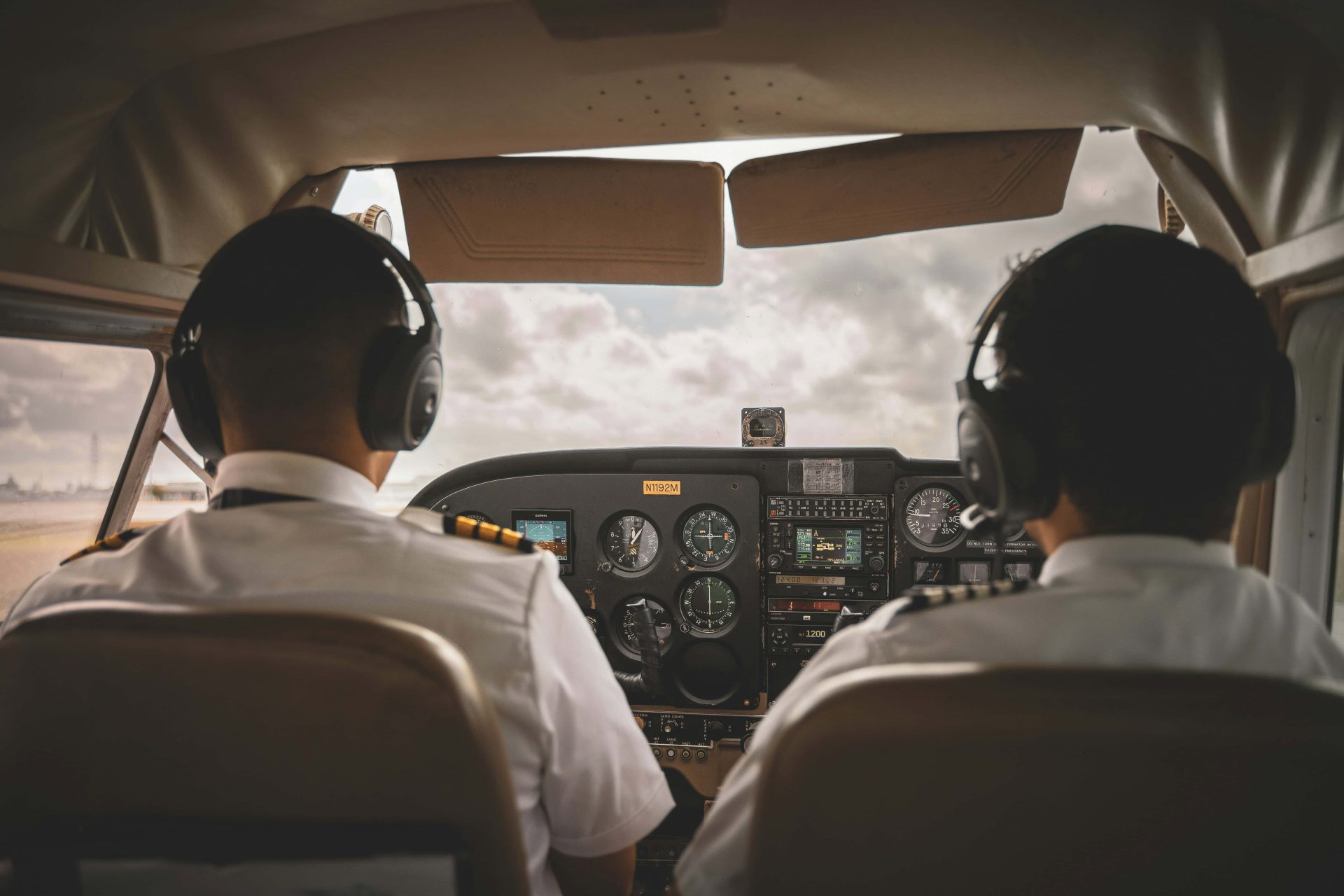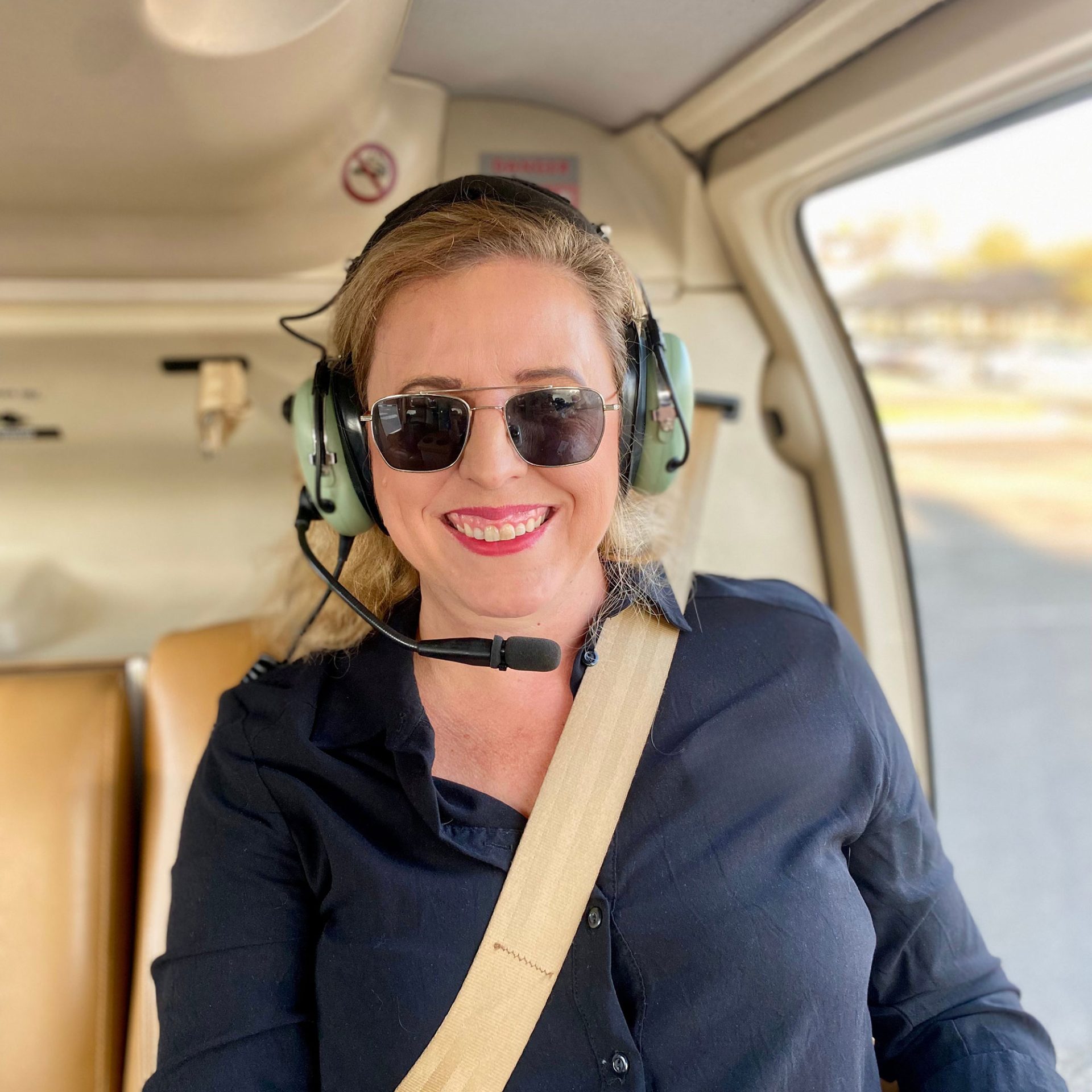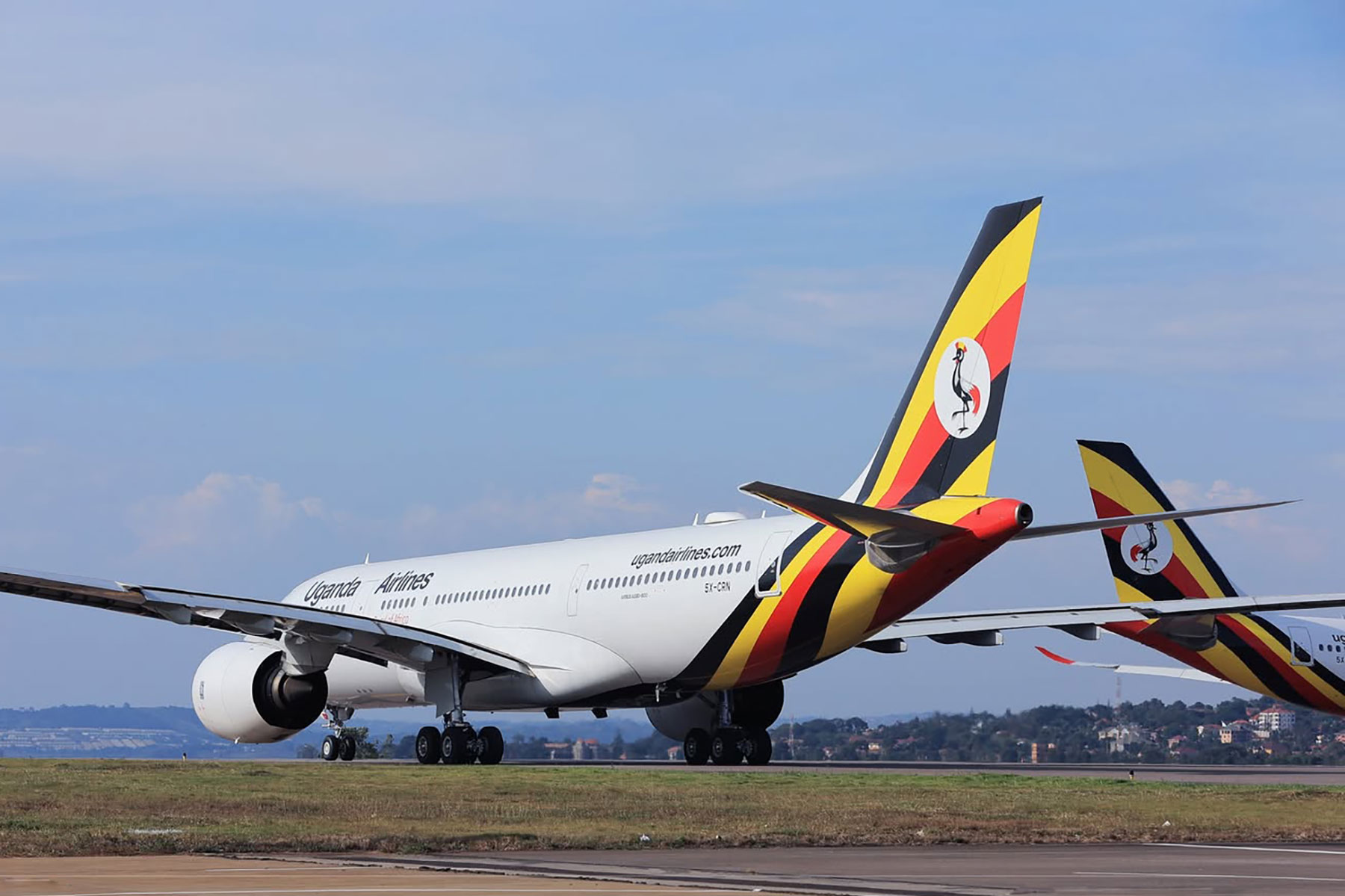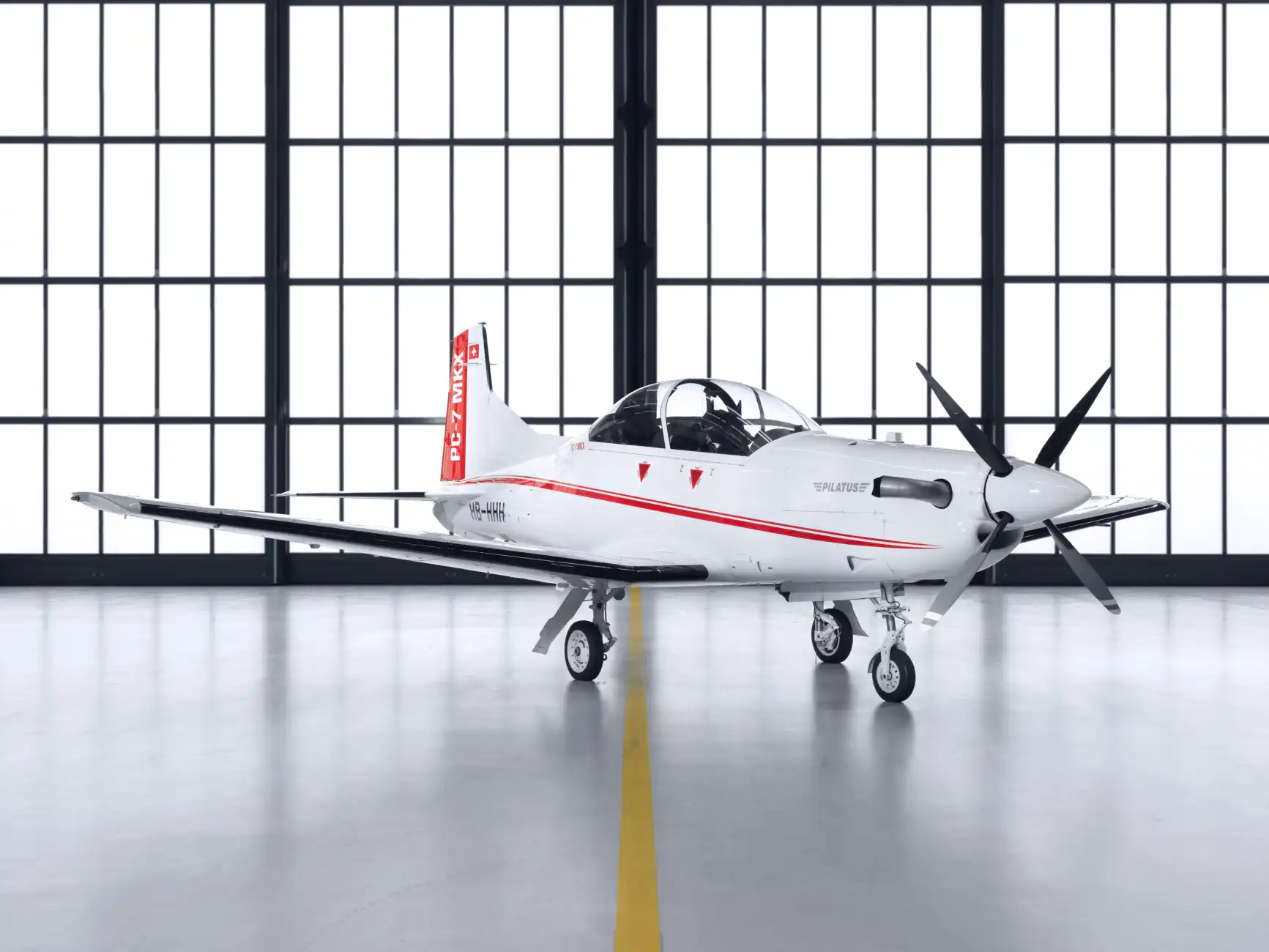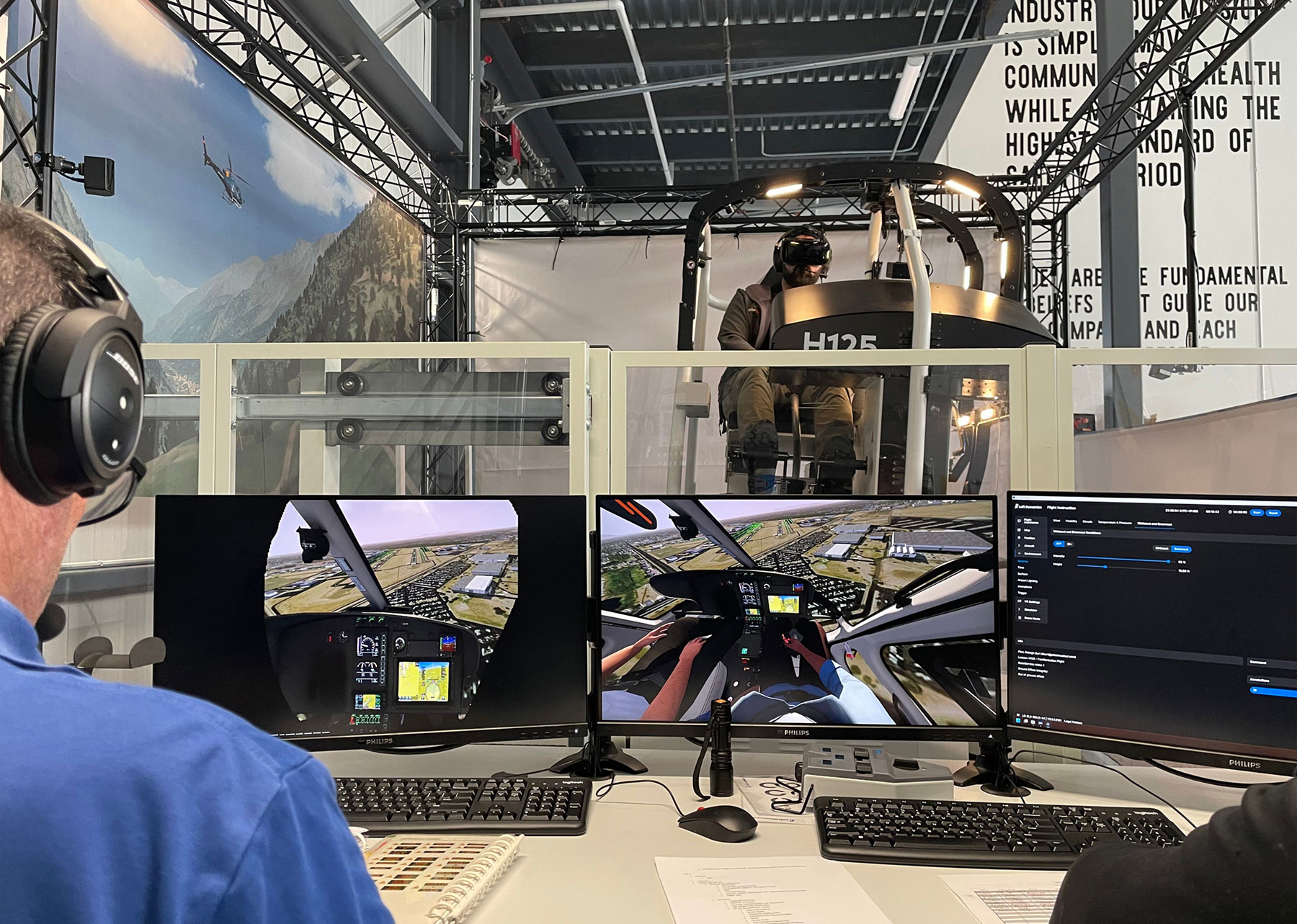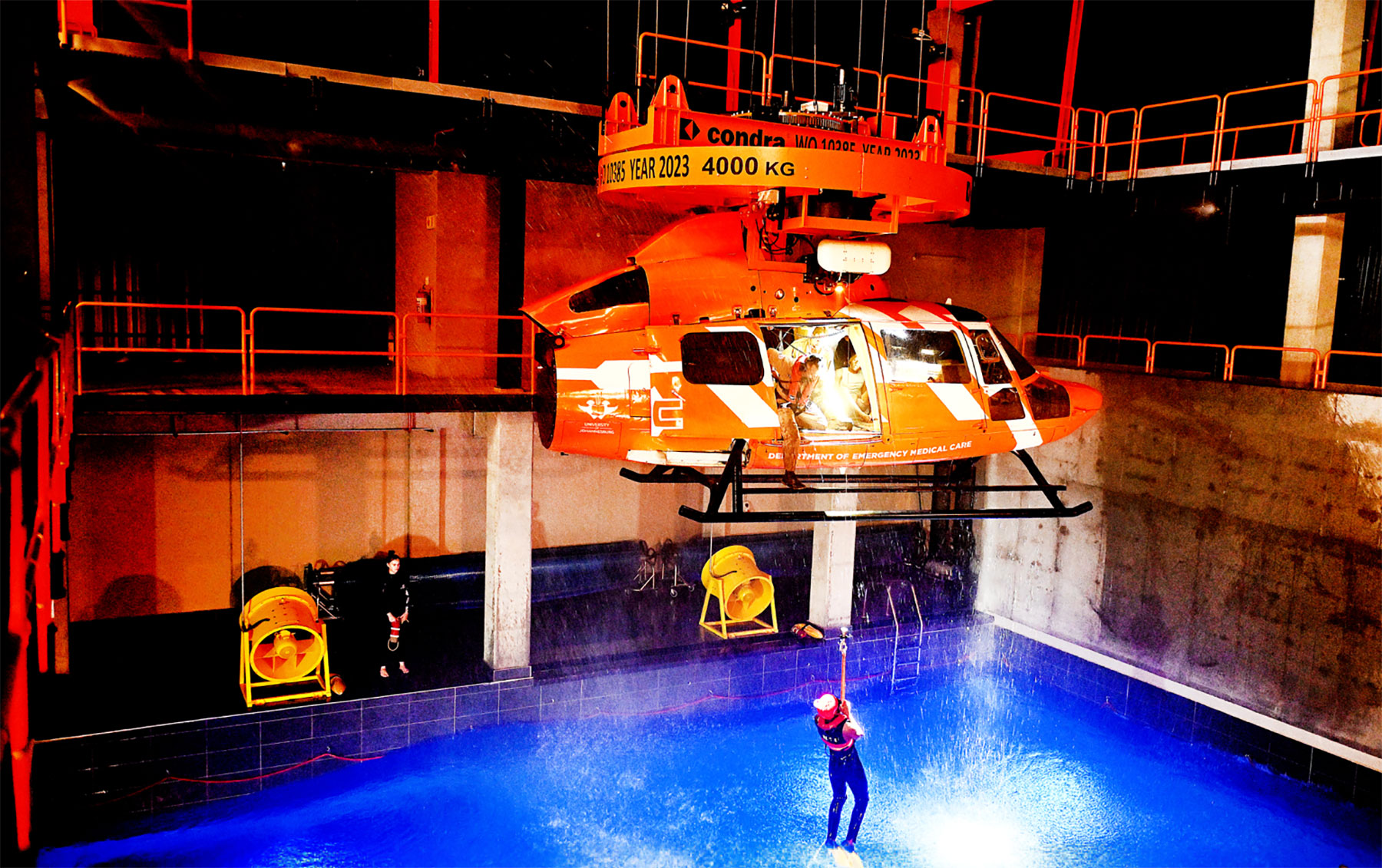The International Federation of Air Line Pilots’ Associations (IFALPA) has been releasing a number of position papers and appears to have taken the lead in aviation mental health and pilot fatigue movements. In addition to the previous two papers on pilot assistance programmes and emerging technology, they have also released new guidance on handling inflight pilot incapacitation from a flight crew perspective.
This is a move that comes a few months after a commercial jet was forced to make an emergency landing when one of its pilots collapsed mid-flight. The incident, which occurred in February aboard an easyJet flight from Hurghada, Egypt, to Manchester, unfolded two hours into the journey. The aircraft diverted to Athens after a crew member suffered a medical emergency in the cockpit. It was later confirmed that the incapacitated individual was one of the flight’s two pilots. The remaining pilot safely landed the aircraft, but the drama underscored just how precarious such scenarios can be.
With this in mind, the body has taken a proactive stance in tackling this problem should it take place in the air again, with some clear guidelines and advice for crews. We unpacked what they had to suggest.
Championing Mental Health and Pilot Incapacitation
Now, IFALPA’s newly released position paper, 25POS14: Inflight Incapacitation Training for Flight Crews, aims to systematise how flight crews around the world are prepared for such moments. The document replaces older guidance and urges airlines to adopt structured training programs designed to both recognise and respond to the sudden loss, or subtle decline, of a pilot’s ability to function in the air.
Unlike mechanical failures, which are rehearsed extensively in simulators, the possibility of a crew member becoming mentally or physically unable to perform their duties has historically received less attention in training environments. The new paper changes that, calling for mandatory classroom and simulator-based training with a focus on human factors, communication, and adherence to standard procedures.
The Paper Unpacks Quiet Risks Faced By Pilots
But not all cases of incapacitation are dramatic. As the paper stresses, many are subtle, a lapse in attention, an unusual silence, or a missed checklist item that may suggest fatigue, stress, or deeper psychological issues. In recent years, the aviation industry has grown more aware of the quiet risks posed by mental health struggles and chronic fatigue among pilots. IFALPA’s position is clear: whether obvious or subtle, physiological, or psychological, any decline in a pilot’s ability to perform must be treated with equal urgency.
Mental health in aviation, once a taboo subject, is slowly becoming part of mainstream safety discussions. This is especially relevant in regions like Africa, where under-reporting, stigma, and resource limitations have historically left mental wellness under-addressed. In South Africa, for example, pilots have warned of a “mental health time bomb” unless psychological screening and support systems are strengthened. Meanwhile, fatigue, driven by demanding rosters, irregular schedules, and under-resourced crews, remains a persistent risk, particularly in Southern African airspace where long-haul and overnight operations are common.
A Proactive Response in the Two-Communication Rule
IFALPA’s new guidelines stress that recognising signs of impairment is not just a matter of intuition but of discipline: following procedures, double-checking inputs, and responding when something feels off. A crew member who fails to answer two verbal prompts during a critical phase of flight should raise red flags, a concept IFALPA now formalises as the “Two Communication Rule.”
In practical terms, the new recommendations do not require sweeping changes to aircraft systems or extensive retraining. Much of it can be integrated into existing simulators and CRM (Crew Resource Management) training sessions. The aim is cultural as much as procedural, to instil a mindset where no change in behaviour or performance is ignored.
Future Endings May Not Be As Happy
The easyJet incident ended safely, but it was a sobering reminder that pilots, for all their training, are human. Ensuring they are supported, observed, and prepared, and that their colleagues are empowered to act, is now recognised as an essential part of aviation safety.
The IFALPA paper is not just a technical document; it is a call to action. Because when a pilot goes silent, there’s no time for hesitation, only preparation.
